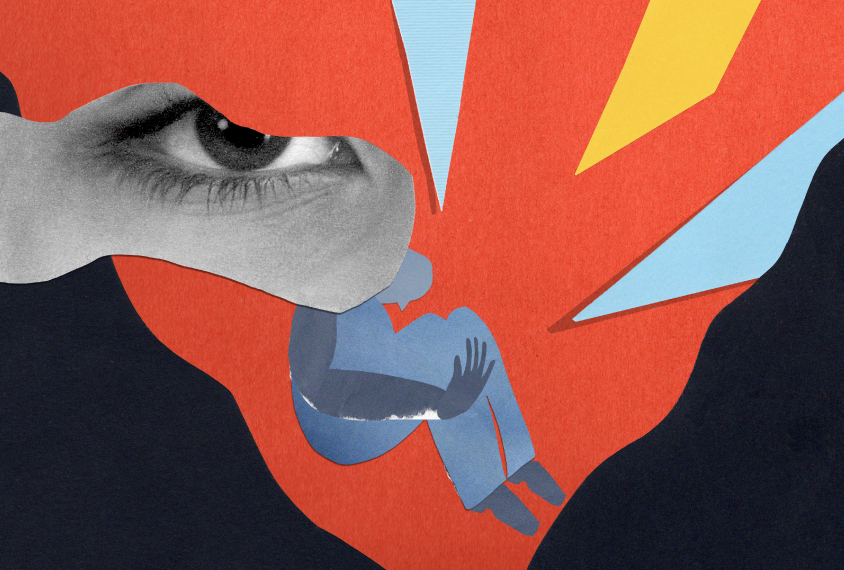Lauren Gravitz is a freelance writer and editor in Hershey, Pennsylvania, who covers health, medicine, science and the environment. Her stories have appeared in Nature, Aeon, The Economist, Technology Review, O, The Oprah Magazine and Discover, among others.

Lauren Gravitz
Freelance Writer
SFARI.org
From this contributor
At the intersection of autism and trauma
Autism and post-traumatic stress disorder share many traits, but the connection between them was largely overlooked until now.
Autism’s drug problem
Many people on the spectrum take multiple medications — which can lead to serious side effects and may not even be effective.
Lack of DNA modification creates hotspots for mutations
The absence of a chemical alteration called methylation on some stretches of DNA makes them especially prone to mutations, according to a paper published in PLoS Genetics in May.

Lack of DNA modification creates hotspots for mutations
Explore more from The Transmitter
Machine learning spots neural progenitors in adult human brains
But the finding has not settled the long-standing debate over the existence and extent of neurogenesis during adulthood, says Yale University neuroscientist Juan Arellano.

Machine learning spots neural progenitors in adult human brains
But the finding has not settled the long-standing debate over the existence and extent of neurogenesis during adulthood, says Yale University neuroscientist Juan Arellano.
Xiao-Jing Wang outlines the future of theoretical neuroscience
Wang discusses why he decided the time was right for a new theoretical neuroscience textbook and how bifurcation is a key missing concept in neuroscience explanations.
Xiao-Jing Wang outlines the future of theoretical neuroscience
Wang discusses why he decided the time was right for a new theoretical neuroscience textbook and how bifurcation is a key missing concept in neuroscience explanations.
Memory study sparks debate over statistical methods
Critics of a 2024 Nature paper suggest the authors failed to address the risk of false-positive findings. The authors argue more rigorous methods can result in missed leads.

Memory study sparks debate over statistical methods
Critics of a 2024 Nature paper suggest the authors failed to address the risk of false-positive findings. The authors argue more rigorous methods can result in missed leads.

